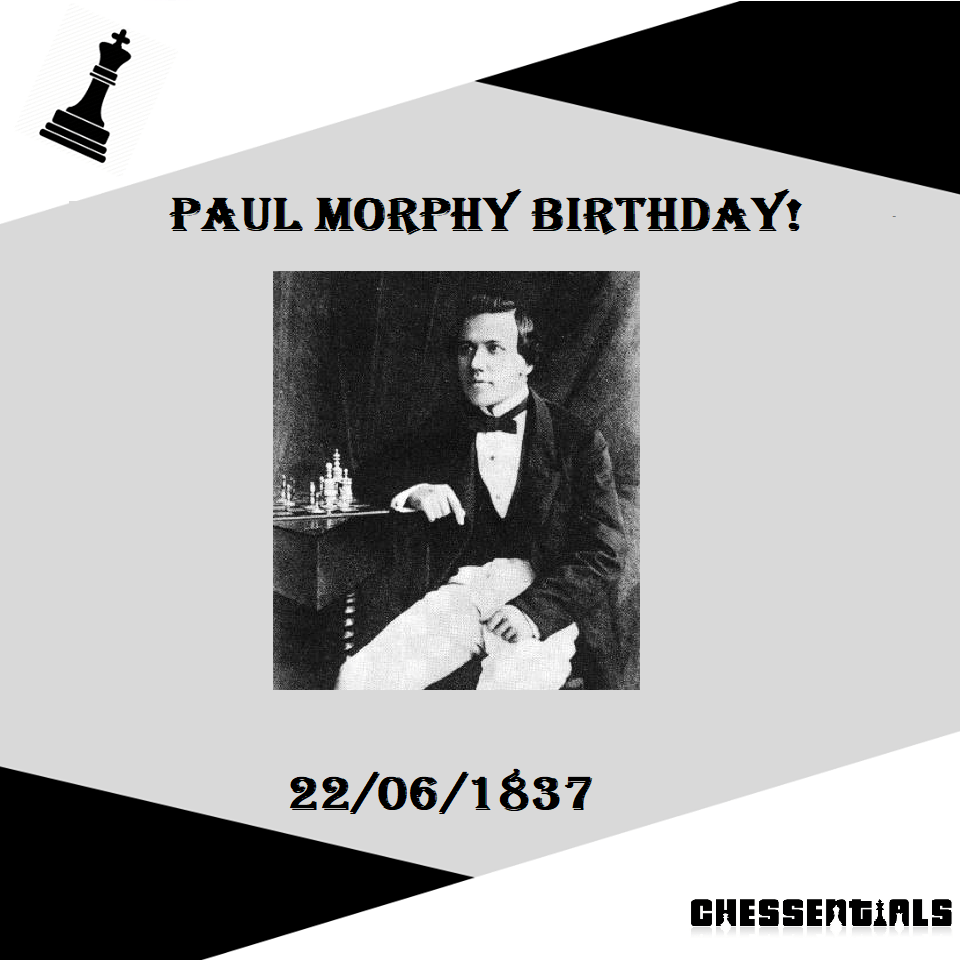Chess history is abundant with incredibly talented chess players, but probably no one was such a NATURAL genius as the great American, Paul Charles Morphy.
After learning the game by observing his father and uncle play at a young age, already when he was nine years old he was the strongest player in New Orleans. When he was twelve, he beat visiting master Hungarian Löwenthal in a match.
During the 1850s, Morphy didn’t play chess at all as he was occupied with his education. He graduated law at the University of Louisiana in 1857. In the United States, the legal age to begin the practice of law was 21 at a time and Morphy suddenly had loads of free time.
He got invited to participate in the First American Chess Congress and, as they say, the rest is history. First, he became the North American Champion. Then he went to Europe to play against stronger competition and literally obliterated anyone who sat on the opposite side of the chessboard. He “came, saw and conquered”.
Most impressive are definitely two victories: +7-2=2 and +5-1=0 in matches against Adolf Anderssen, one of the strongest European players (who doesn’t know his Immortal game against Kieseritzky or Evergreen game against Dufresne).
The only player who he didn’t face was the old fox Howard Staunton, who was well past his prime (Staunton, who, incidentally, died on this very date, 22 June, in 1874). The magic lasted until 1863. Morphy was recognized as the Unofficial World Chess Champion.
Alas, at the height of his powers, at the age of just 26, Morphy decided he has had enough and decided to stop playing competitively in order to pursue a career in law. However, he was not nearly successful in that field as in chess. He spent his life in isolation and misery, spending his family fortune.
In a way, his fate is very much resemblant of other two American greats: Reuben Fine, who stopped playing chess and pursued psychology instead and, of course, Robert James Fischer, for reasons that are probably evident.
Because of his brilliant, but brief career, he was christened “The Pride And Sorrow Of Chess”.
(If you like posts as these, check our complete list of Chess Birthdays )

